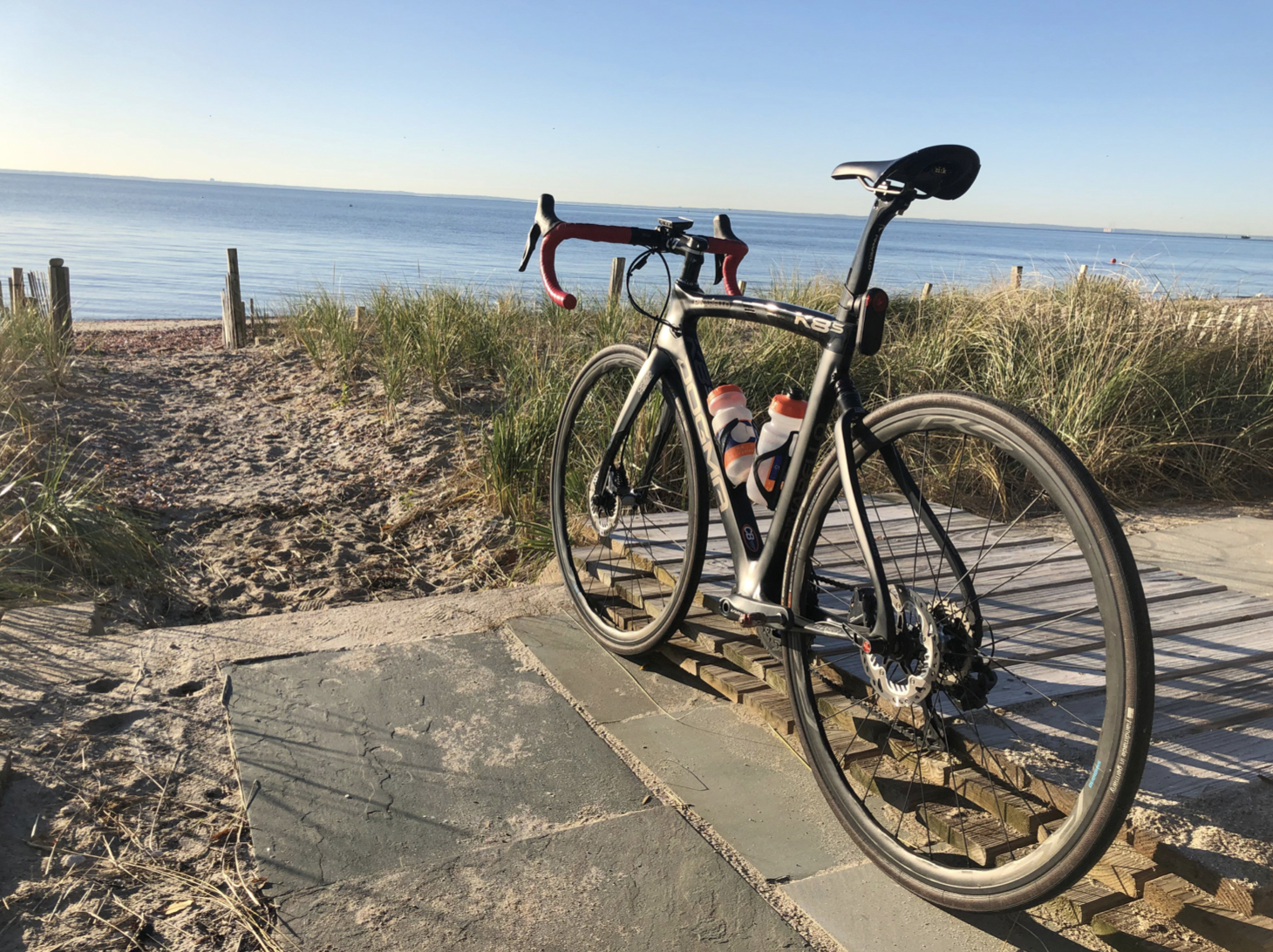Water Quality Insurance Syndicate is the largest underwriter of marine pollution liability insurance in the United States and a pioneer of comprehensive marine coverages. Like Global Risk Solutions, WQIS has a mission of responding to and mitigating environmental incidents. WQIS is a main sponsor of Wheels for Wings, a cross-country bicycle ride by GRS’ Peter Wiswell to raise awareness and funds for Tri-State Bird Rescue & Research Inc. Justin Mongello, president and chief executive officer of WQIS, spoke recently with GRS to offer his views on pollution response and the Wheels for Wings project.
What is WQIS’ mission as a syndicate of specialist pollution underwriters?
Our mission is very simple. We are hyper-focused on being the first call that vessel operators –no matter how big or small – make when they need an insurance partner for their marine liability risks. In 2021, we’re celebrating 50 years in business, and we’re very proud of that. Our subscribers and our assureds have been tremendous to work with. For us, those 50 years represent an important milestone in delivering the first-class underwriting, claims service and spill management that we’re known for. We’re a small team doing a big job, and our claims expertise and unrivaled experience and service set us apart.
What events, in your view, have been inflection points in the evolution of marine pollution risks?
Deepwater Horizon in 2010 got a lot of attention because of its size and impact in the Gulf of Mexico. These events are challenging and fortunately rare. They show that bad things can happen, so people must remain aware of the risks. A more critical tipping point in marine pollution was the Exxon Valdez spill in Alaska in 1989. That event gave rise to the Oil Pollution Act of 1990. Among the many requirements of OPA 90, the law established requirements for vessel owners and operators to show evidence of financial responsibility as well as a plan in place if there is an oil spill. Events like the Exxon Valdez and Deepwater Horizon are big events where pollution risk protocols and processes are tested.
How does WQIS help its insureds to mitigate marine pollution risks?
WQIS takes pride in our spill response, and we exist to provide financial protection when a spill occurs. When we’re not responding to a claim, we’re in frequent communication with our assureds and brokers, sharing our expertise to mitigate risk scenarios. One sign of the strength of that communication is we get a lot of calls every week from assureds, even when they have a slight concern about a pollution discharge.
Unlike other marine lines of insurance, the frequency of marine pollution losses is less, but the severity can be high. We not only keep our clients and brokers up to date on significant pollution liability developments, but WQIS also actively participates in spill drills where clients test their protocols. Whenever we can, we will help our clients with tabletop exercises that ensure everyone knows what they need to do if an event occurs. Our policies have very clear claim reporting processes, and a 24/7/365 hotline, but we always want to help clients answer questions about mitigating spill risks, no matter how big or small.
An example of that happened not long ago when a vessel operator contacted us around 4 a.m. He had parked his vessel in a high-end marina and called us in a panic, “I have a sheen around our boat. What do I do?” WQIS sent someone to the spot quickly, and by first light our spill manager onsite was able to determine that the sheen wasn’t due to pollution – it was a congregation of jellyfish, which sometimes are attracted to stationary vessels. The vessel owner thought it was an oily discharge, and we were able to quickly give him peace of mind.
WQIS is generously supporting former colleague Peter Wiswell in the Wheels for Wings fundraiser to benefit Tri-State Bird Rescue. What would WQIS like others to know about this project and the impact of spills on wildlife?
WQIS has proudly contributed to Tri-State over the years, and we were excited to support Peter when we learned about Wheels for Wings. We know Peter is going to bring 125% effort to this ride, just as he does as a claims professional. The work Tri-State does in treating and rehabilitating oiled birds is amazing, and it’s a reminder of the importance of strong risk management and spill response. WQIS encourages everybody to visit the Tri-State website, consider becoming a member, volunteer, and donate to Wheels for Wings.
For more information, please visit www.wqis.com and follow Peter Wiswell’s journey at www.globalrisksolutions.com and on social media.
To follow his progress during Wheels for Wings, click here to see a daily tracker.
To contribute to Wheels for Wings, please visit https://tristatebird.givingfuel.com/wheelsforwings.

